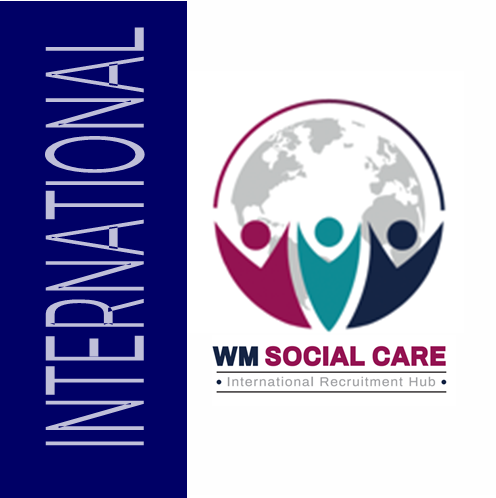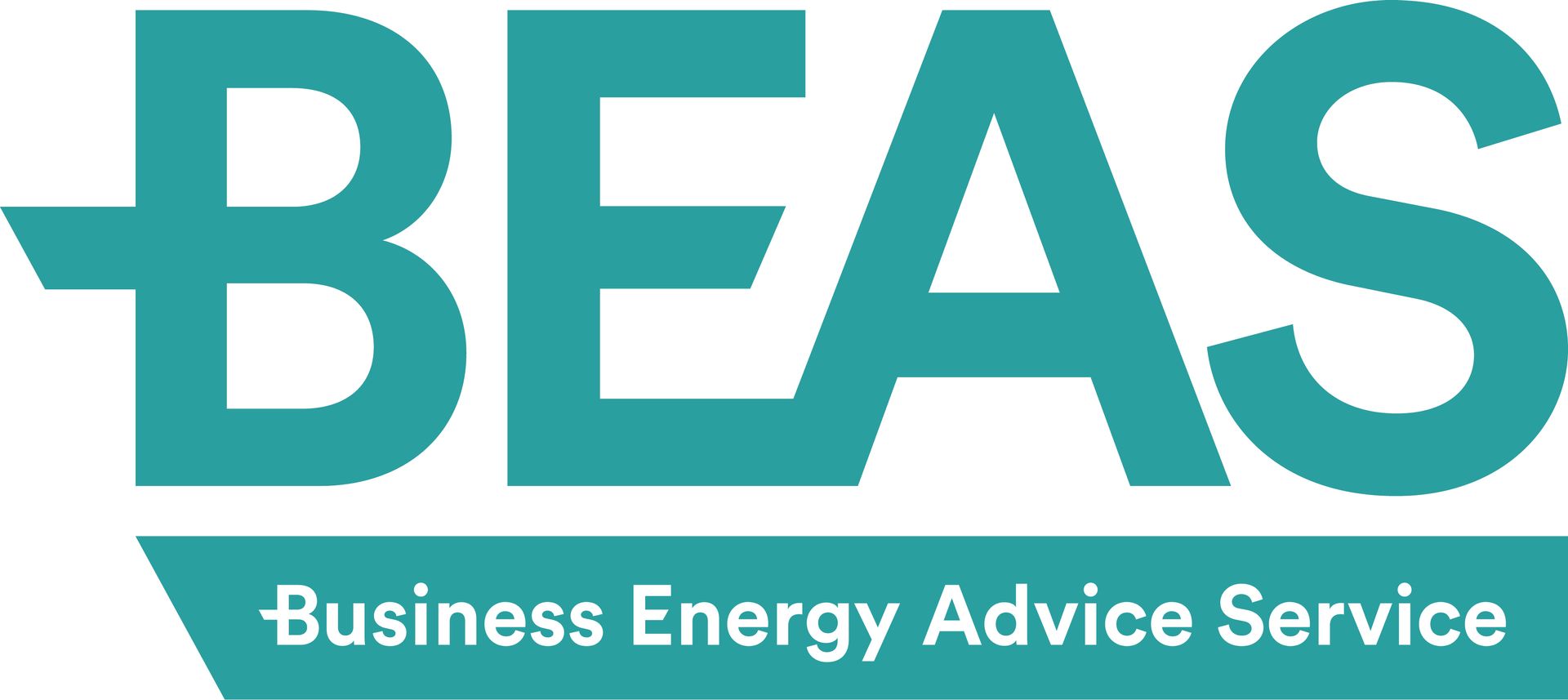
Citation: Making Sense of Holiday Leave in the Care Sector
Managing holiday leave within your care business might seem a bit tricky, especially during peak periods like summer, when requests often flood in, and there are more bank holidays than usual to contend with. The process sometimes needs more planning to make sure all your employees get the holiday they’re entitled to, while keeping up high quality care and standards at your business. So, Citation are here to give you a quick rundown of all things annual leave – from holiday entitlement to handling holiday leave requests.
Understanding holiday entitlements
You have to state an employee’s holiday entitlement in their written statement of particulars. The statutory minimum annual holiday entitlement is 5.6 working weeks (28 days, including bank holidays) for an employee with a five-day week. This entitlement can be pro-rated for part-time employees based on their work patterns.
Part-year and irregular hours workers
Part year workers are entitled to a holiday entitlement of 5.6 weeks that shouldn’t be pro-rated or reduced to reflect that they don’t work through the whole year. It’s very important not to confused part-year and part-time workers as they are different.
You’ve also got the option to state that part-year workers and irregular hours workers only accrue holiday when they work. You can also choose that these workers can only take holiday once it’s been accrued, and choose whether to pay rolled-up holiday pay. In other words, you can pay an uplift to pay each pay period which represents their holiday pay. The minimum uplift would be 12.07% based on a 5.6 week holiday entitlement.
Carrying holidays forward
As a rule, annual leave can’t be carried from one year to the next, as it could result in an employee taking less than their statutory minimum – which they have to take every year. But there are some exceptions.
If an employee can’t use their holiday days because of sickness, a maximum of four weeks annual leave can be carried forward, and if an employee can’t take accrued holiday during statutory leave like maternity or shared parental leave, this can also be carried forward into the next year.
Managing employee leave requests
With holiday leave being such an important aspect of employee satisfaction, it's crucial to have a clear and fair process for managing leave requests. Here are our top tips for managing the process smoothly:
- Have a documented policy in place for requesting and approving holiday leave. This will ensure consistency and avoid any confusion or misunderstandings.
- Make sure all employees are aware of the policy and follow it consistently. Any changes or updates to the policy should also be communicated clearly to all employees.
- Consider implementing a system for tracking leave requests, such as an online calendar or spreadsheet, to avoid any clashes or double bookings.
- Work out a fair way of prioritising requests. You could do it on a ‘first come first serve’ basis, but you might also need to do it based on business needs and staffing levels. If you can, you should try to accommodate everyone’s requests – but this could be hard in care where you need to meet minimum staffing levels.
- If there are conflicts, communicate openly with your employees and find a fair solution.
- Encourage employees to plan their holiday requests in advance, especially during peak times or busy periods for your business. This helps with better staffing management and avoids any last-minute conflicts.
So you see – managing holidays at your care business doesn’t need to be stressful – just remember to prioritise clear communication, fairness as much as possible and compliance with legal requirements.
Want more information? Check out Citation’s full guide to holiday leave that goes into more detail about all the above – including bank holidays and leave accrual. And that’s not even the best Citation can provide. As a client, you could get CQC Pro, our special online tool to self-evaluate against recognised CQC standards, care-specific policies and procedure templates (including annual leave policies), fire risk assessments and ISO certification – as well as 24/7 HR and Health & Safety support.
Citation – by your side.
As a WMCA partner, we’re a trusted provider in the industry – so you can have faith that we know how to help you manage the challenges unique to your care home setting.
If you’d like to chat about how Citation can help with your HR and Health & Safety, just give us a call on 0345 844 1111or visit our website and remember to let us know you’re a WMCA member to access preferential rates.





















